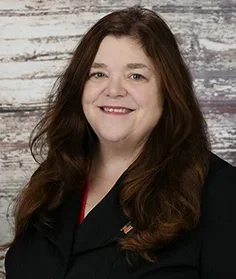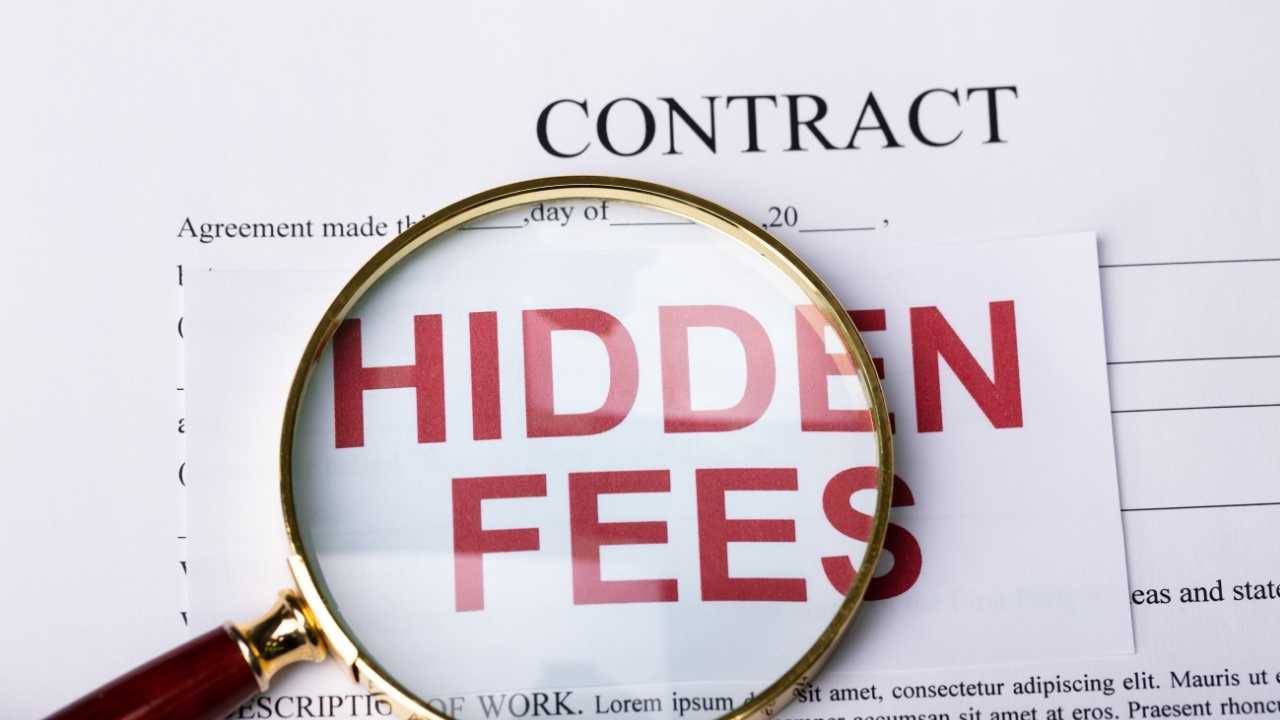The Current Agricultural Use Valuation (CAUV) program in Trumbull County, Ohio, helps farmland owners save on taxes. It values land based on its use for farming, not market value. You need DTE Form 109 to apply. This guide will help you understand how to save on taxes with DTE Form 109.
What Is the CAUV Program?
The CAUV program in Ohio taxes farmland based on its farming income, not market value. This can lower property taxes a lot. In Trumbull County, it has helped farmers for over 45 years.
Why Is CAUV Important for Trumbull County Farmers?
Trumbull County has great land for farming, but high property values can raise taxes. CAUV keeps taxes low for farmers. It also helps keep land for farming, supporting local food.
Who Can Apply for CAUV Using DTE Form 109?
To get CAUV, your land must meet certain rules. It must be used for commercial farming, like growing crops or raising animals. Here’s what you need to know about eligibility.
Eligibility Requirements for CAUV
- Land Size: Your land must be 10 acres or more. Smaller tracts can qualify if they earn at least $2,500 in average gross income from farming each year for the past three years.
- Commercial Use: The land must be used only for commercial agriculture, not for other purposes like housing.
- Three-Year Rule: The land must have been farmed for the last three years.
What Counts as Agricultural Use?
Agricultural use includes growing crops, raising animals, or producing timber for sale. Activities like gardening for personal use don’t count. The land must be actively farmed to qualify.
What Is DTE Form 109?
DTE Form 109 is the initial application for the CAUV program in Trumbull County. It’s a document you fill out to tell the county auditor your land qualifies for the program. You can find it on the Trumbull County Auditor’s website.
How to Apply for CAUV in Trumbull County
Applying for CAUV is straightforward but requires attention to detail. Below is a step-by-step guide to help you complete DTE Form 109 and submit it correctly.
Step 1: Confirm Your Land Qualifies
Check if your land meets the size and income requirements. Make sure it’s been used for commercial agriculture for three years. Gather proof, like sales receipts or farm income records.
Step 2: Get DTE Form 109
Download DTE Form 109 from trumbullcountyauditor.org. You can also pick up a paper copy at the Trumbull County Auditor’s Office. The form is in PDF format and requires Adobe Reader.
Step 3: Fill Out the Form
Complete DTE Form 109 with accurate details about your land. Include your name, property address, parcel number, and farming activities. Be clear about how the land is used for agriculture.
Step 4: Submit the Application
Submit DTE Form 109 to the Trumbull County Auditor’s Office. You can mail it, drop it off in person, or submit it online if available. The deadline is the first Monday in March each year.
Step 5: Pay the Application Fee
The initial CAUV application costs $25. There’s no fee for annual renewals. Payment can be made at the Auditor’s Office when you submit the form.
Step 6: Wait for Approval
The Auditor’s Office reviews your application. They may ask for more documents, like proof of income. If approved, your land will be valued at its CAUV rate for tax purposes.
When to Apply for CAUV
Applications for CAUV are accepted from January 1 to March 1 each year. If you miss this window, you’ll have to wait another year. Make sure to mark your calendar to avoid any delays.
What Happens After You Apply?
After approval, your land’s tax value will be based on its CAUV, not its market value. The CAUV takes into account soil type, region, and crop prices. You’ll pay taxes at 35% of the CAUV value.
How Much Can CAUV Save You?
The amount you can save depends on your land’s CAUV value compared to its market value. For example, if your land’s market value is $100,000 but its CAUV is $20,000, you’ll pay taxes on $7,000. This can save you thousands of dollars each year.
Factors Affecting CAUV Savings
- Soil Type: Different soils have different productivity levels, affecting CAUV.
- Crop Prices: Higher crop prices can increase CAUV values, reducing savings.
- Land Size: Larger parcels often see bigger tax reductions.
Annual Renewal with DTE Form 109A
After approval, you must renew your CAUV status each year using DTE Form 109A. The Auditor’s Office sends this form in January. There’s no fee for renewals, but you must submit it by March 1.
What If You Miss the Renewal Deadline?
If you don’t renew, your land loses CAUV status. You’ll then owe taxes based on market value, plus a recoupment fee for the past three years’ tax savings. Always renew on time to avoid penalties.
Common Mistakes to Avoid with DTE Form 109
Filling out DTE Form 109 can be tricky. Here are mistakes to watch out for:
- Incomplete Forms: Missing information can delay approval.
- Wrong Parcel Numbers: Double-check your property’s parcel number.
- Missing Income Proof: Small tracts need proof of $2,500 annual income.
- Late Submission: Submit before the March deadline.
CAUV vs. Market Value: A Comparison
To understand CAUV’s benefits, let’s compare it to market value taxation.
| Factor | CAUV Valuation | Market Value Taxation |
|---|---|---|
| Tax Basis | Based on agricultural income | Based on what the land could sell for |
| Tax Amount | Lower, often thousands less | Higher, based on real estate market |
| Eligibility | Must meet farming and size requirements | Applies to all properties |
| Application Needed | Yes, DTE Form 109 and annual renewals | No application required |
Other Forms Related to CAUV
Besides DTE Form 109, other forms may be needed for CAUV in Trumbull County. Here’s a quick list:
- DTE Form 109A: For annual CAUV renewals.
- DTE Form 102: For transferring CAUV property.
- DTE Form 110: To amend an existing CAUV application.
- DTE Form 112: If your CAUV application is denied.
What Is DTE Form 102?
DTE Form 102 is used when transferring CAUV-qualified land to a new owner. It ensures the land stays in the CAUV program. Both the seller and buyer must complete this form.
CAUV and Woodland Management
If your land includes woodlands, you can qualify for CAUV if the woodland supports commercial timber production. The Ohio Forestry Tax Law (OFTL) is another option for forested land, but CAUV often provides better tax savings.
How Soil Types Affect CAUV Values
CAUV values are based on soil productivity. Trumbull County has various soil types, like loam or clay, which impact the valuation. The state updates these values every three years.
Common Soil Types in Trumbull County
| Soil Type | Productivity Level | Typical Crops |
|---|---|---|
| Loam | High | Corn, soybeans |
| Clay | Moderate | Wheat, oats |
| Sandy | Low | Pasture, specialty crops |
What If Your Land No Longer Qualifies?
If you stop farming or change land use, you must notify the Auditor’s Office. You’ll owe a recoupment fee equal to three years of tax savings. This fee ensures fairness in the program.
Benefits of CAUV for Trumbull County Farmers
The CAUV program offers several advantages:
- Lower Taxes: Saves money on property taxes.
- Encourages Farming: Keeps land in agricultural use.
- Supports Local Economy: Helps farmers stay profitable.
Challenges of the CAUV Program
While CAUV is helpful, there are challenges:
- Complex Application: DTE Form 109 requires detailed information.
- Annual Renewals: Missing deadlines can be costly.
- Changing Values: Rising crop prices can increase CAUV values, reducing savings.
How to Get Help with DTE Form 109
If you need assistance, visit the Trumbull County Auditor’s Office in person or check trumbullcountyauditor.org. They can answer questions but cannot provide legal advice. For complex cases, consult an attorney.
CAUV and Trumbull County’s Agricultural Heritage
Trumbull County has a strong farming history, with crops like corn, soybeans, and dairy products. CAUV helps preserve this heritage by making farming affordable. It supports local markets and food security.
Tips for a Successful CAUV Application
To ensure your DTE Form 109 is approved, follow these tips:
- Double-check all information on the form.
- Keep records of farm income for small tracts.
- Submit early to avoid missing the March deadline.
- Contact the Auditor’s Office with questions.
How CAUV Values Are Calculated
CAUV values use a formula that considers:
- Soil Productivity: Based on soil type and region.
- Crop Prices: Five-year average of major crop prices.
- Farming Costs: Typical costs for management and production.
The state adjusts these values every three years to reflect market changes.
CAUV and Property Transfers
If you sell CAUV land, the new owner must continue farming to keep CAUV status. File DTE Form 102 to transfer the CAUV benefit. If the land use changes, the recoupment fee applies.
CAUV for Small Farms
Small farms under 10 acres can qualify if they earn $2,500 or more annually from farming. Keep detailed income records to prove eligibility. This makes CAUV accessible to more farmers.
How to Check Your CAUV Status
You can check your CAUV status on trumbullcountyauditor.org using the property search tool. Enter your parcel number to see if your land is enrolled. Contact the Auditor’s Office for updates.
CAUV and Environmental Benefits
CAUV encourages sustainable farming practices. By keeping land in agriculture, it reduces urban sprawl and preserves green spaces. This benefits Trumbull County’s environment and wildlife.
FAQs About CAUV and DTE Form 109
Q: How much does it cost to apply?
A: The initial application fee is $25. Renewals are free.
Q: When do I apply?
A: Between the first Monday in January and the first Monday in March.
Q: What if I miss the renewal?
A: You’ll lose CAUV status and owe a recoupment fee for three years.
Q: Can I apply online?
A: Check trumbullcountyauditor.org for online submission options.
CAUV’s Impact on Trumbull County
The CAUV program supports Trumbull County’s farmers by lowering taxes. This keeps farming viable and strengthens the local economy. It also preserves the county’s rural character.
Conclusion
The CAUV program in Trumbull County, using DTE Form 109, is a valuable tool for farmers. It reduces property taxes, supports agriculture, and preserves farmland. By following the application steps and renewing annually, you can save money and keep your land in farming. Visit trumbullcountyauditor.org for forms and more information. Start your CAUV journey today to protect your farm’s future.




